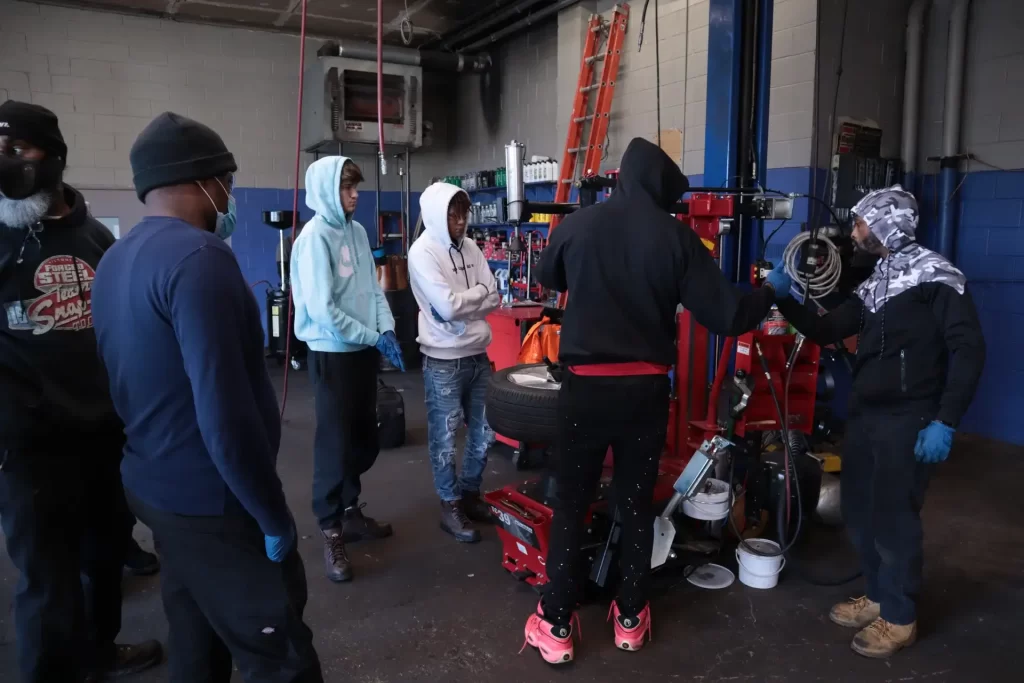HVAC technician jobs offer a promising career path with a range of opportunities for growth and success. These professionals specialize in heating, ventilation, and air conditioning systems, critical in maintaining indoor comfort and air quality. Let us dive deep into the field of HVAC technician jobs.
To become proficient at their HVAC technician jobs, one must start by acquiring the necessary education and training. Enrolling in a reputable HVAC training program or apprenticeship provides the foundational knowledge required to understand the complexities of HVAC systems. This includes learning about electrical components, refrigeration principles, and system diagnostics.
Hands-on experience is one of the most essential things to becoming an HVAC pro. HVAC technician training programs allow aspiring technicians to work under the guidance of experienced mentors, gaining practical skills and learning troubleshooting techniques. This real-world exposure is invaluable in preparing for the challenges of the job.
Obtaining industry certifications is essential for validating your skills and expertise. Certifications from organizations like NATE (North American Technician Excellence) showcase your proficiency and professionalism. Many employers prioritize HVAC-certified technicians who have completed their 6-week HVAC training. These credentials reflect an apprentice’s commitment to excellence during the hiring process.
An HVAC technician’s role extends beyond installations and repairs. Understanding energy efficiency practices and sustainable technologies is becoming increasingly crucial in HVAC classes. Technicians who are knowledgeable about energy-saving solutions and can recommend environmentally friendly options stand out in the field.

It is easy to overlook communication skills, which are crucial for success. During HVAC technician training programs, apprentices learn to hone their communication skills. HVAC technicians interact with clients and colleagues, explaining issues, solutions, and maintenance tips. Clear and effective communication builds trust and ensures client satisfaction.
As technology advances, staying up-to-date with the latest trends in HVAC classes is imperative. Smart thermostats, energy-efficient systems, and IoT (Internet of Things) integration are becoming more prevalent. Technicians who can work with these innovations are well-positioned for the future.
Lastly, a commitment to safety is non-negotiable during a 6 week HVAC training program. HVAC systems involve electrical components, refrigerants, and potential hazards. Adhering to safety protocols and ensuring the well-being of yourself and those around you is paramount.
In conclusion, the route to becoming a successful HVAC technician involves a blend of education, hands-on experience, industry certifications, knowledge of energy-efficient practices, communication skills, technological adaptability, and a strong commitment to safety. Skilled technicians have a higher range of HVAC technician salary. By embracing these aspects, individuals can excel in the dynamic and rewarding field of HVAC technology.
Read More: